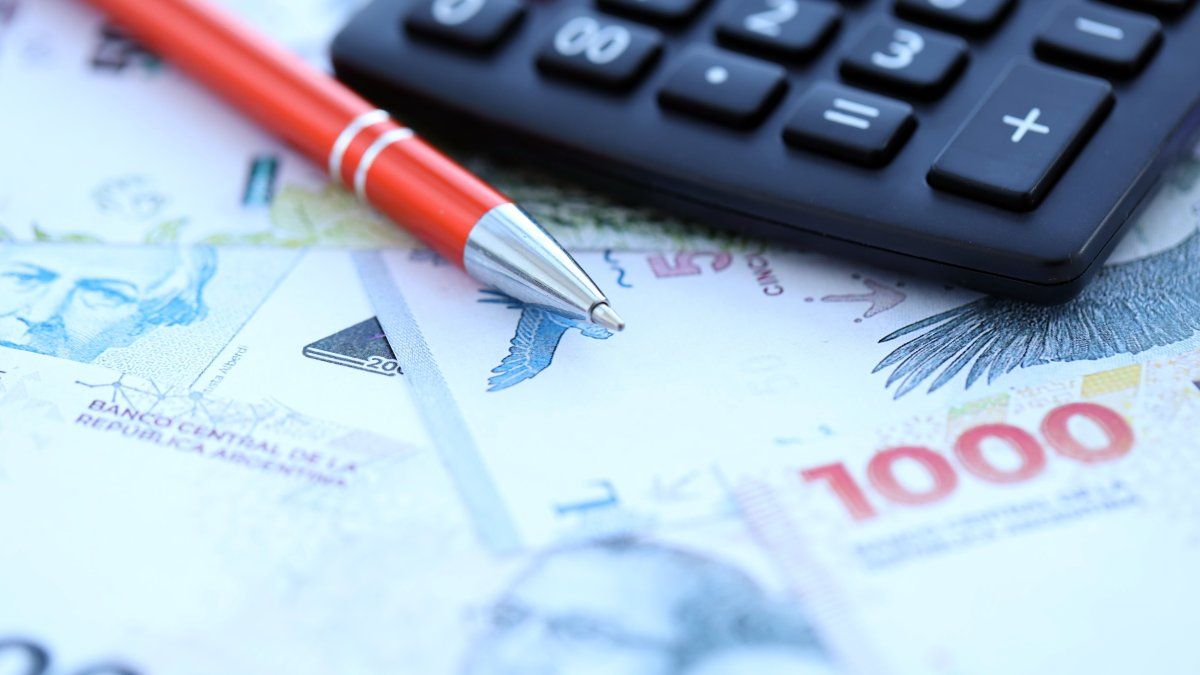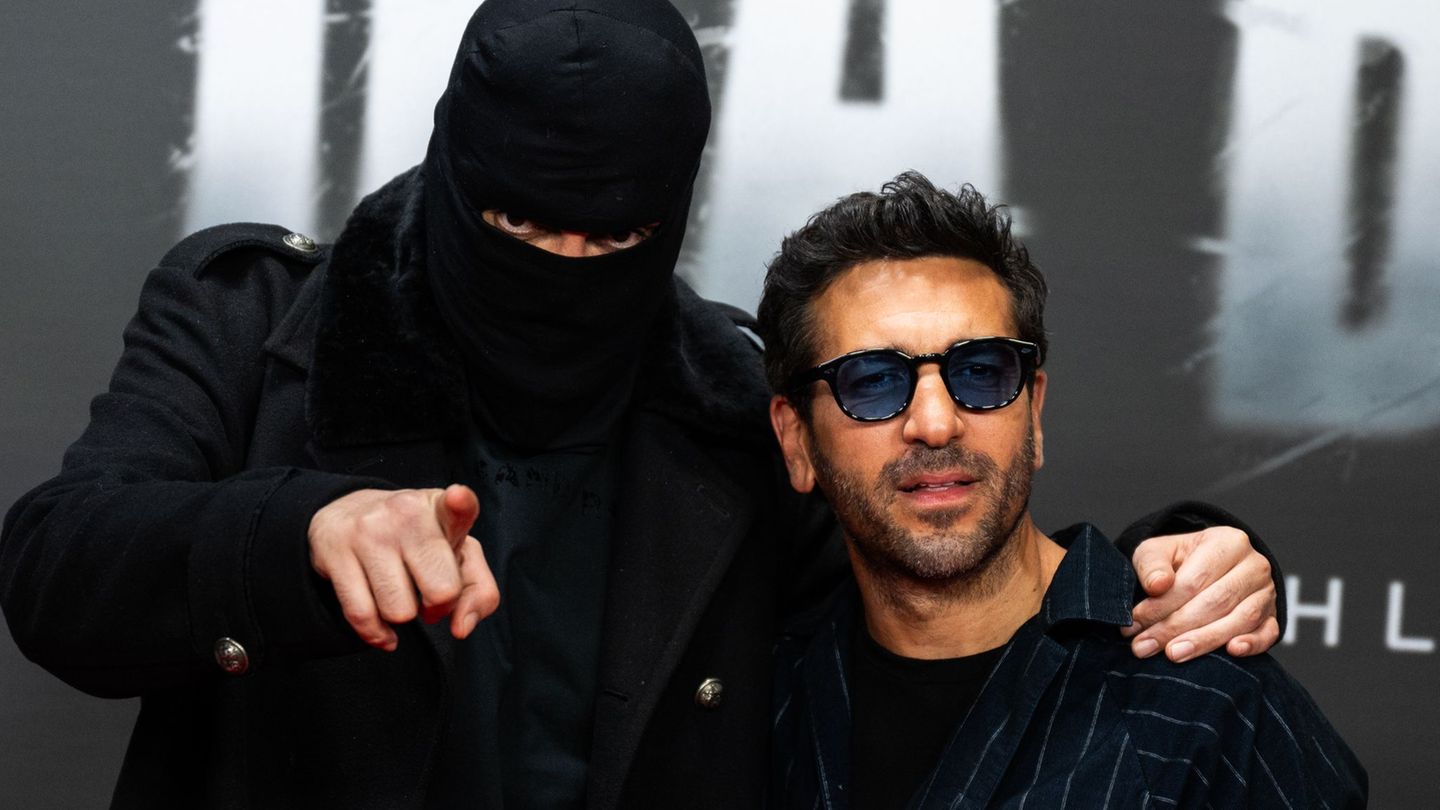The gas is running out. Russia is restricting deliveries to Germany and other EU countries. The consequences include skyrocketing energy prices. What to do to make sure it doesn’t get much worse?
In view of the impending bottlenecks in the gas supply, nervousness is increasing in the European Union.
Chancellor Olaf Scholz (SPD) said at an EU summit in Brussels that “all activities” had been undertaken to import energy from countries other than Russia. However, this effort must be further accelerated. That is a big challenge. “But we’ll hook up there.”
Ireland’s prime minister warned that “a very difficult winter is ahead of us”. At the same time, high inflation and the sharp increase in energy prices are worrying the heads of state and government.
Since the start of the Russian war of aggression in Ukraine at the end of February, Europe’s supply of gas from Russia has been considered endangered. Moscow has already severely curtailed or stopped deliveries to Germany and other EU countries. The EU is trying to reduce its dependency on Russia.
The federal government announced the alarm level in the “Gas Emergency Plan” on Thursday. Economics Minister Robert Habeck (Greens) warned companies and consumers to save gas. In the event that Russian gas supplies fail completely, economists assume an economic crisis. Energy prices have already risen sharply.
EU does not agree
However, the EU is divided on how to react to this. The EU states had already agreed in March to pool their purchasing power and buy gas together. But countries like Italy or Belgium want much more radical measures and are pushing for a price cap at EU level so that consumers would be relieved. Spain and Portugal already have national exemptions for this.
At the end of May, the EU summit instructed the EU Commission to examine other options for curbing rising energy prices – including a temporary price cap. However, countries such as the Czech Republic reject such a step because it would be an intervention in the market.
Latvian Prime Minister Krisjanis Karins emphasized that the most effective way would be for EU countries to take joint steps to combat high energy prices. However, measures such as joint purchasing are “probably a medium to long-term solution”. The most important thing is to support those in society who are suffering most from high inflation.
Swedish Prime Minister Magdalena Andersson said the economic situation was difficult. However, putting money in people’s pockets will not solve the problem – even if it seems like an easy solution for governments. “That would only increase inflation.”
Impact on all European countries
A possible gas shortage in Germany, the largest economy in the EU, has a special meaning for the other countries. “If Germany gets into trouble, it also has an enormous impact on all other European countries, including our country,” said Belgium’s Prime Minister Alexander De Croo. “There is no better argument for the fact that we must do this together than to look at the consequences that Germany is potentially suffering.”
The gas bottleneck in Europe and rising energy prices will also be a topic at the G7 summit, which Scholz will host from Sunday in Elmau, Bavaria.
On the first day of the EU summit, Scholz and his colleagues decided on Thursday to officially make Ukraine and Moldova candidates for EU membership. Georgia should get this status if it has fulfilled certain reform conditions. All three countries applied for EU membership after the start of the Russian war against Ukraine.
Source: Stern
Jane Stock is a technology author, who has written for 24 Hours World. She writes about the latest in technology news and trends, and is always on the lookout for new and innovative ways to improve his audience’s experience.




